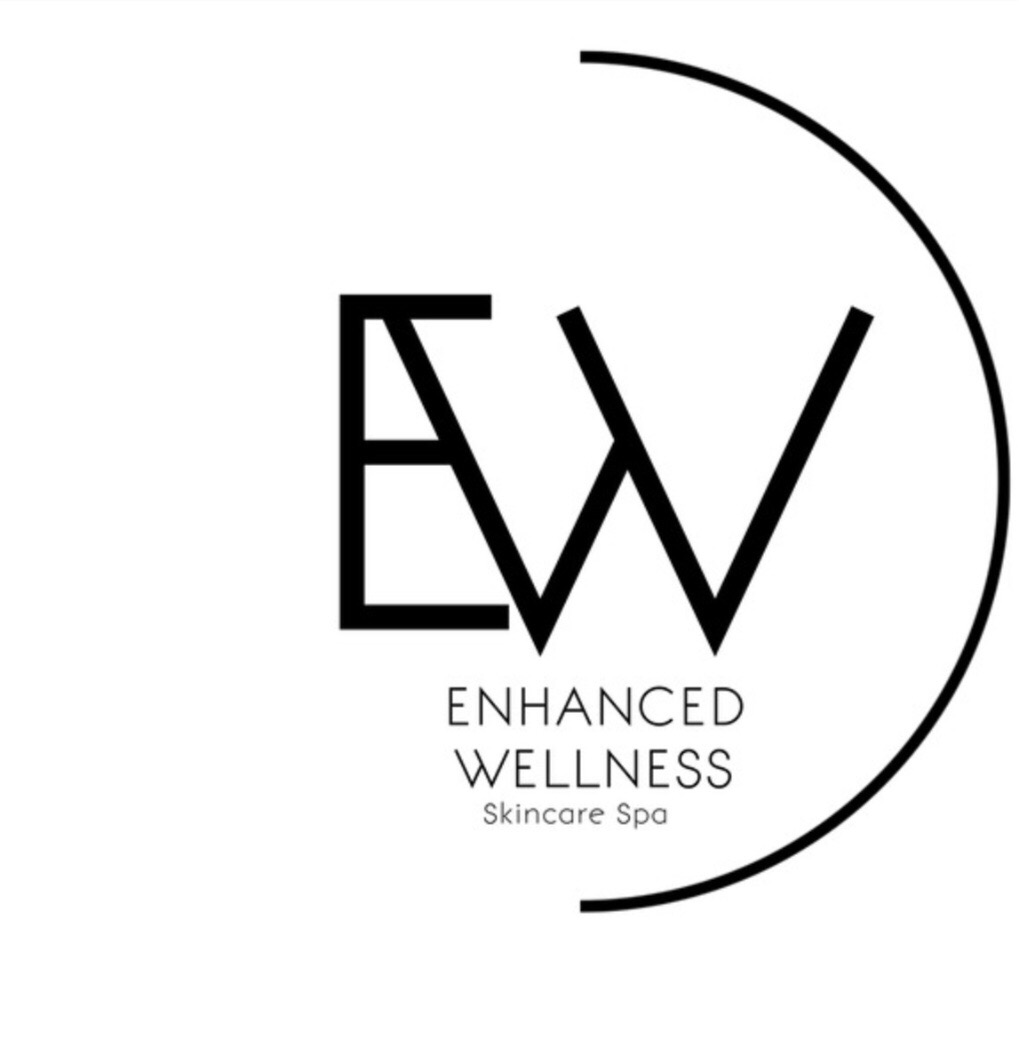PCOS Awareness Month & Acne Care
- Enhanced Wellness

- Sep 7, 2023
- 2 min read
Updated: Sep 8, 2023
If you have been diagnosed with polycystic ovary syndrome, also known as PCOS, you understand how challenging this long-term condition can be. You are not alone, as PCOS affects 6% to 12% of women of reproductive age in the United States alone, which means up to 5 million people are familiar with the struggles you may be experiencing.¹ In addition to other symptoms such as irregular menstrual periods, excess hair growth on the face, chest, abdomen or upper thighs, obesity, and patches of darker, velvety skin, known as acanthosis nigricans, polycystic ovary syndrome can also cause severe and persistent acne.
If you have PCOS-related acne, a good skincare routine that focuses on controlling excess oiliness can help. However, to address the underlying hormonal imbalance that causes acne in people with PCOS, additional treatment may be necessary.
Ingredients or medications typically used for acne may be helpful for people with PCOS, particularly in combination with PCOS treatments.
They can include:
Benzoyl peroxide: Found in products such as Face Reality, PCA, and Bioelements, it targets surface bacteria.
Salicylic acid: In products used as a cleanser or lotion, it dissolves dead skin cells to stop hair follicles from clogging.
Azelaic acid: This natural acid, found in grains such as barley, wheat, and rye, kills microorganisms on the skin and reduces swelling.
Retinoids: Vitamin A derivatives such as Retin-A, Tazorac, and Differin break up blackheads and whiteheads and help prevent clogged pores. Do not use if pregnant or if you may become pregnant. Retinoids have specific instructions for use and can have side effects. Use under the guidance of a healthcare provider or pharmacist.
Topical antibiotics: These include Clinda-Derm (clindamycin) and Emcin (erythromycin). They control surface bacteria and are more effective when combined with benzoyl peroxide.
Aczone (dapsone): This topical gel has antibacterial properties. It is applied to the skin twice a day.
If you're dealing with hormonal acne caused by PCOS, natural treatments may not be as effective as over-the-counter or prescription options. However, they can aid in balancing hormone levels and combating pimples. It's important to note that consulting with a doctor is crucial. Here are some natural remedies to consider:
Zinc supplements have been found to improve certain PCOS symptoms, although acne hasn't been specifically mentioned in studies. Zinc can also be found in legumes, shellfish, and red meat.
Green tea may help reduce testosterone levels in individuals with PCOS, potentially alleviating acne.
Spearmint tea may aid in reducing hirsutism and testosterone levels in people with PCOS.




Comments